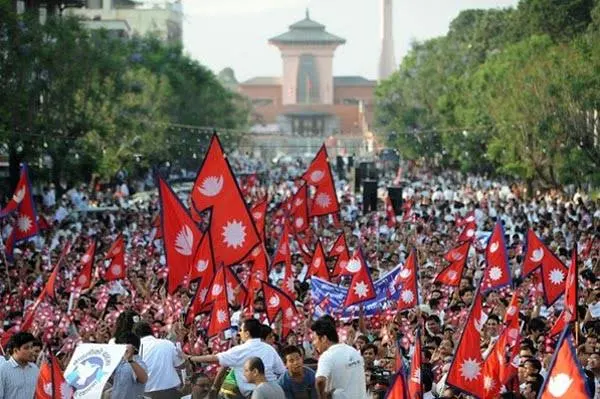Fifteen years is a long time, even in an ancient country and a young republic. Without beating about the bush, let’s get the facts straight. Fifteen years ago, Nepal underwent a political transformation of Himalayan magnitude. It consigned a unitary system of governance and the monarchy that formed a part of it to history. The erstwhile Hindu state of sorts embraced secularism despite reservations from a large section of the Nepali populace. After the monumental change in polity, it was but natural for the people to expect things to get better. But that hardly happened. New political parties came to power and soon got corrupt. Governments came and went, leaving behind a legacy of corruption scandals, misrule, cronyism and chronic instability. The new order was supposed to build institutions to run the republican system efficiently and effectively. It ended up institutionalizing corruption instead, with major corruption scams like PLA cantonment, Yeti, Omni, Wide-body and Bhutanese refugee scandals. Without giving a hoot about the principles of separation of powers and checks and balances, the executive rode roughshod over the judiciary and imposed its will on the legislature, instead of letting it act as the truly sovereign body reflecting the people’s will. Federalism was supposed to bring the state to the very doorsteps of the people. Instead, what people have gotten are the Singhadurbars of their own—at provincial and local levels—that are quite hard to keep. Paradoxically, these monoliths resemble the state of affairs in the princely states of the yore. Like those palaces, the republican durbars also impose heavy taxes on their ‘subjects’ and they too are neck-deep in corruption and instability-plagued, with frequent changes in provincial governments becoming a new normal. Indeed, the more things change, the more they remain the same. Or do they get worse, actually? Not a day passes by without the country bidding farewell to an increasing number of youths heading abroad for jobs, education or permanent settlement. Hardly a day passes by without youths driven away by endemic corruption, instability, breakdown of law and order and a deepening economic crisis returning home dead. The transformation that was supposed to bring cheers to the people has ended up pouring cold water on popular aspirations. This has emboldened forces that were against the transformation all along. Things cannot get any worse than this, can they? Even in a gloomy scenario like this, there’s a glimmer of hope. The police probe into the refugee scam has given the government a unique opportunity to dig into infamous corruption scandals of yesteryears, those related to policy corruption in particular, and bring the guilty to justice. It can go a long way in cleansing the governance system through and through. Singhadurbar should exhibit the political will to do this, if it is indeed serious about protecting and institutionalizing the gains of the political changes that have taken place since the end of the Rana regime in 1950.











